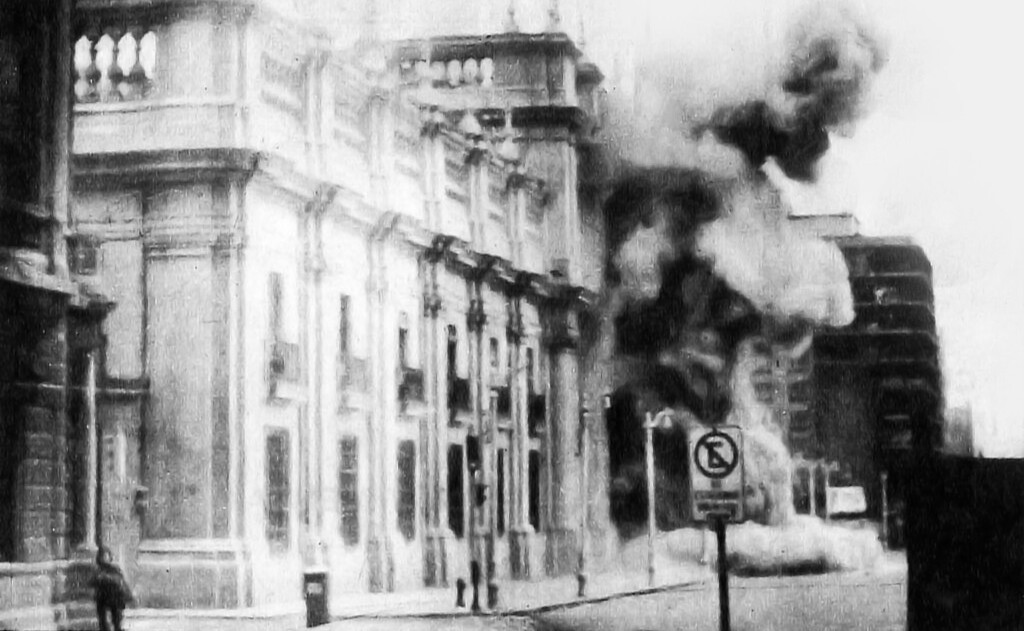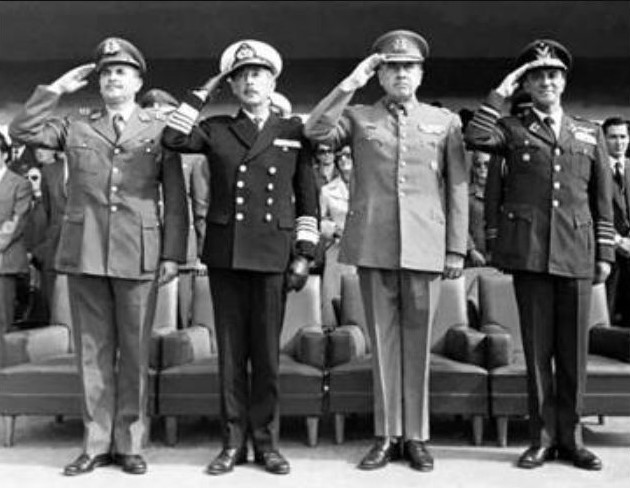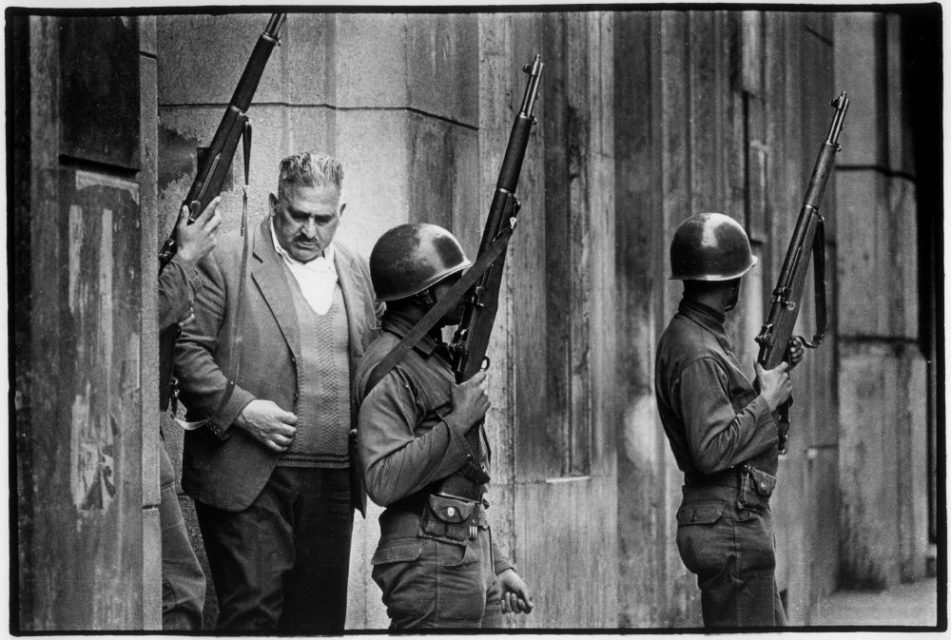The Root of U.S. Interest
The U.S. interest in Chile was both strategic and economic. Chile was a major producer of copper, an essential resource, and U.S. companies like Anaconda and Kennecott had significant investments in the country.
Allende’s nationalization policies threatened American economic interests, adding another layer to the motivations behind the U.S. involvement.
Covert Operations: Project FUBELT
One of the cornerstone elements of American involvement in Chile’s 1973 Coup was the covert operations orchestrated by the Central Intelligence Agency (CIA), notably under Project FUBELT.
Project FUBELT and Project Camelot are distinct. The former was focused on Chile, while the latter was a broader social research project.
Project FUBELT, authorized by President Nixon and overseen by Henry Kissinger, aimed initially to prevent Salvador Allende from assuming the presidency after the 1970 election. Subsequently, their goal was to destabilize his government.
The CIA funneled an estimated $8 million to opposition groups, exploiting economic turmoil and social discontent. This funding supported media campaigns, strikes, and protests, mainly by influential truck drivers’ unions and student groups. It fostered an atmosphere of unrest and dissatisfaction.
The CIA also sought to influence Chilean military officials, encouraging a coup against Allende. The U.S. government cut off military aid to Allende’s government while maintaining connections with opposition military figures.
Economic Pressures: The Invisible Hand
Another significant facet of American influence in Chile’s 1973 Coup was the economic pressure exerted on the nation.
The Nixon administration collaborated closely with key international financial institutions like the International Monetary Fund (IMF) and the World Bank. Their goal was to restrict loans and aid to Chile.
The U.S. government encouraged Chile-based American businesses, like ITT Corporation, Kennecott Copper, and Anaconda Copper, to exert economic pressure. They wanted these companies to voice their grievances against Allende’s nationalization efforts and economic policies.
The collaboration between government interests and corporate power significantly contributed to the economic stranglehold on Chile.
This multifaceted economic pressure fostered an environment of discontent and instability within Chile. Ultimately, it set the stage for and facilitated the military intervention leading to Chile’s 1973 Coup.
The Aftermath: Pinochet’s Reign and Human Rights Violations

In the wake of Chile’s 1973 Coup, General Augusto Pinochet assumed power and established a military dictatorship that persisted until 1990.
Widespread and severe human rights violations characterized this regime. Thousands of individuals who opposed Pinochet’s government were tortured and went through forced disappearances and extrajudicial executions.
The Rettig Report, published in 1991, documented over 2,000 cases of such violations. The Valech Report, released in 2004, identified thousands of instances of torture.
Under subsequent administrations, the U.S. government continued to support Pinochet’s regime. It did so despite being aware of the human rights abuses occurring in Chile. Declassified documents reveal that American officials were aware of these violations and communicated with Pinochet’s government during this period.
The Impact and Ethical Implications
Chile’s 1973 Coup and the ensuing dictatorship impacted Chile and international relations. The involvement of the United States in the coup highlights the complexities and ethical dilemmas inherent in geopolitical strategies.
It serves as a reminder of the potential consequences when foreign powers intervene in the sovereign affairs of nations. It likewise prompts reflection on the balance between national interests and human rights.











COMMENTS